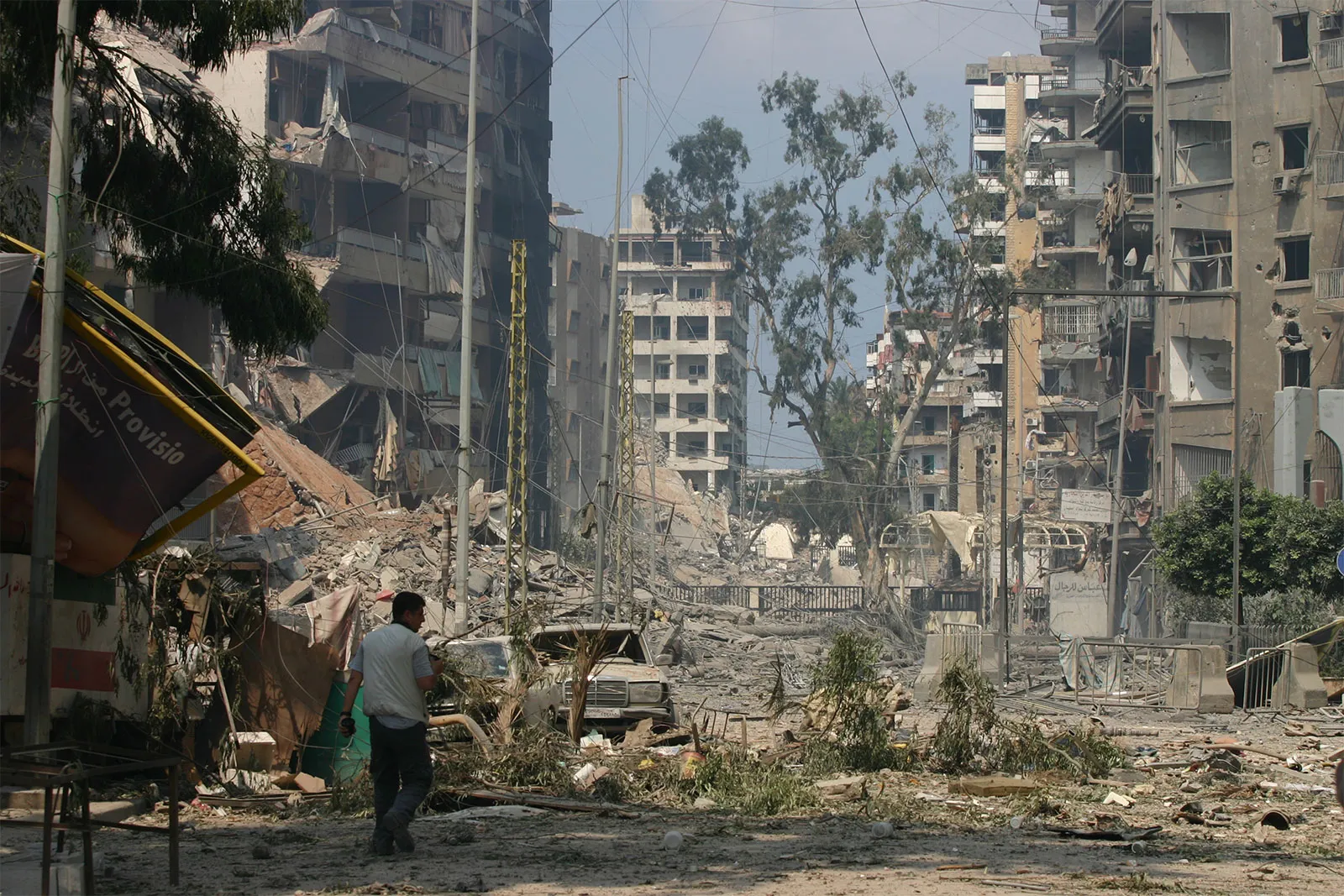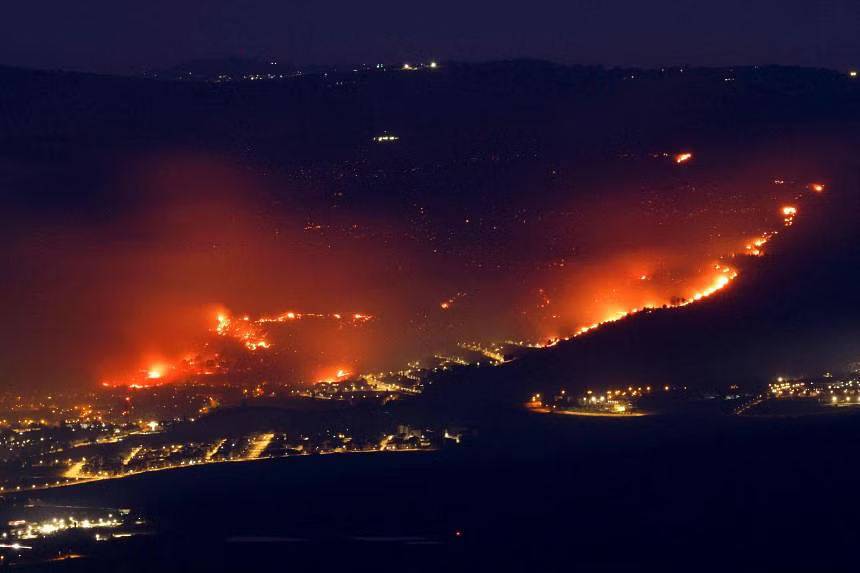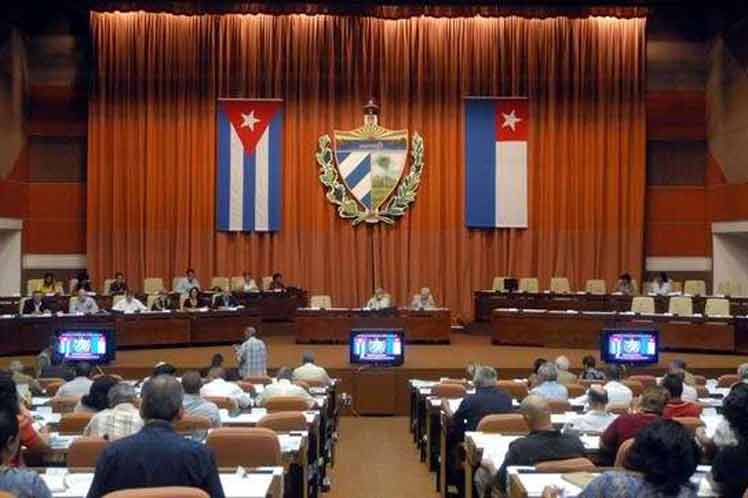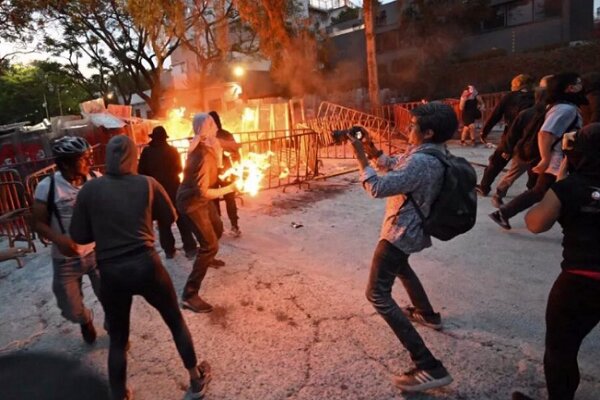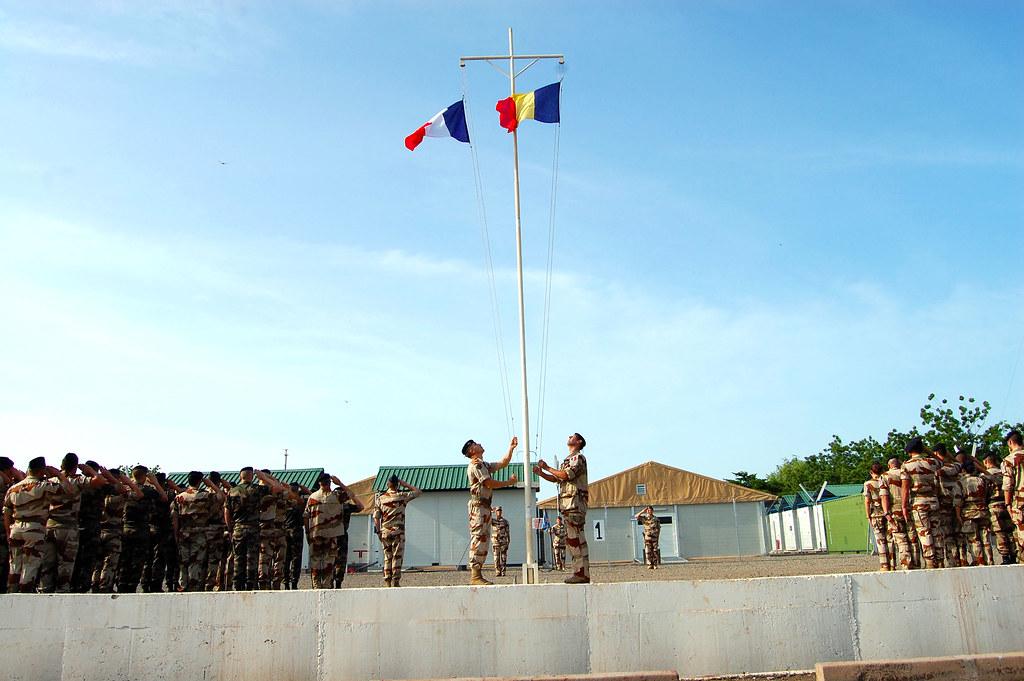Is Israel just taking out its impotency on the civilians of Palestine and Lebanon? Because they damn sure haven’t eliminated Hamas or Hezbollah
I think this is what they are doing in practice, but in theory I think the idea behind hurting civilians during wars is/was to a) reduce morale and willingness to fight in that country because the losses might become too great; b) weaken the resolve of the fighters themselves because you're probably hitting their families at least occasionally; c) enforce a "racial hierarchy" in which you regard the life of a single one of your countrymen to be equal to 100 Gazans/Lebanese/Yemenis/etc; and d) be seen by your own countrymen as doing something to fight the enemy to make them feel better about the losses you're receiving
the issue is that historically, none of these ideas actually function and anti-colonial movements were generally victorious regardless. I suppose the only lasting benefit to the colonizers is that the country they've ravaged with war is now so fucked up and damaged that it necessitates a continuing relationship to either them or some other capitalist nation to trade with and rebuild, though even this is declining as a factor because of anti-hegemonic alternatives like China, Russia, Iran, etc.
so Israel is just falling into the same trap as so many other colonial or imperialist projects in the past, believing that a sufficient amount of violence will be enough to dissuade resistance to their regime, and that, sure, it might make them unpopular and morally reprehensible to use increasingly violent methods but this is simply the price of maintaining the project. this isn't how it actually works; breaking international laws and doing ever more violent acts is not a sign of (albeit evil) strength and power, it actually just makes you lose. there's no edgy "I have sacrificed everything and killed thousands of innocents but attained ultimate power and now nobody can stand before me!" scene at the end of this path; everybody just hates you and your shitty project collapses. there are countless historical examples here, from Nazi Germany to South Africa.
there is a reason why imperialist exploitation has shifted from a violent, bloody past in which cities were looted by soldiers and civilian populations genocided by armies, to a modern system which is less outwardly violent and instead relying on the banality of debt and poverty and unemployment to enforce inequality. it's easier to find a common enemy if they're sending their armies through your land because some feudal lord or early capitalist demanded it. it's considerably harder to battle an enemy which consists of like, IMF-enforced austerity.
the US maintains its relevance by portraying the DPRK as the rogue "other" that its puppet needs protection from
it's the liberal contradictory nonfalsifiable orthodoxy. the DPRK is a dangerous totalitarian communist terrorist state that will destroy other nations around it if the pressure is given up for even a moment; it's also simultaneously a weak, delusional, poverty-stricken kingdom ruled by a corrupt and incompetent ruler which would crumble in hours in a war as the people inside rebelled.
both things cannot be true at the same time but western populations (most especially those in the ROK) must be propagandized to believe it or the US strategy around the DPRK looks nonsensical.
Still voting Biden. Easy choice. Not even close.
damn right, the only way to stop Hitler is to vote for Hindenburg, the lesser evil
it's always very funny seeing their lists and comparing it to real life and realizing that, huh, things didn't actually improve in that area despite Biden authorizing a 50% increase in peepee over an 18 month period to everybody with poopoo. actually if anything things seem to have gotten worse there.
don't believe the evidence of your senses, trust in The Lists
anti-imperialists can still be neoliberal, but I'm also willing to wait and see. as long as they remain in opposition to the US and don't start trying to kneel like the reformists in the time of the JCPOA did then I'm cautiously optimistic.
The "Country" of the Week is South Korea!
Feel free to post or recommend any books, essays, studies, articles, and even stories related to South Korea.
If you know a lot about the country and want to share your knowledge and opinions, here are some questions to get you started if you wish:
spoiler
- What is the general ideology of the political elite? Do they tend to be protectionist nationalists, or are they more free trade globalists? Are they compradors put there by foreign powers? Are they socialists with wide support by the population?
- What are the most important domestic political issues that make the country different from other places in the region or world? Are there any peculiar problems that have continued existing despite years or decades with different parties?
- Is the country generally stable? Are there large daily protests or are things calm on average? Is the ruling party/coalition generally harmonious or are there frequent arguments or even threats?
- Is there a particular country to which this country has a very impactful relationship over the years, for good or bad reasons? Which one, and why?
- What are the political factions in the country? What are the major parties, and what segments of the country do they attract?
- Are there any smaller parties that nonetheless have had significant influence? Are there notable separatist movements?
- How socially progressive or conservative is the country generally? To what degree is there equality between men and women, as well as different races and ethnic groups? Are LGBTQIA+ rights protected?
- Give a basic overview of the last 50 or 100 years. What's the historical trend of politics, the economy, social issues, etc - rise or decline? Were they always independent or were they once occupied, and how have things been since independence if applicable?
- If you want, go even further back in history. Were there any kingdoms or empires that once governed the area?
Check out the reading list. Our books on South Korea:
- Korea's Place in the Sun: A Modern History by Bruce Cumings (1997).
- South Koreans in the Debt Crisis: The Creation of a Neoliberal Welfare Society by Jesook Song (2009).
- Asia's Unknown Uprising Volume 1: South Korean Social Movements in the 20th Century by George Katsiaficas (2012).
Also check out the DPRK section for books on the Korean War.
The trans megathread bested us in posting combat, so we must all swear fealty to them.
I love my trans comrades!

Putin hit the griddy live on camera and it was so intimidating that Ukraine surrendered
The issue with getting accurate Russian casualties is that what counts as "Russian" in various statistics can vary. Are the Chechens "Russian"? Are the DPR/LPR militias (now more integrated into the Russian army as I understand it) "Russian"? Is Wagner, or what remains of it now, "Russian"?
No matter what though, any figure that puts Russian casualties and deaths above Ukraine's should be completely ignored due to sheer inplausibility. It is impossible for Russia to have maintained a massive artillery fire advantage as well as air power advantage over Ukraine but also have higher casualties. The "human wave" thing is a myth borne of Western racism about Slavic inferiority, same as it was during WW2 when Westerners freely believed postwar Nazi propaganda due to the Cold War. Neither side are doing human wave attacks, though Ukraine is putting increasingly aged and untrained troops in frontline positions, as the epic Reddit propaganda about "40 year old Ukrainian troops don't give a FUCK about Putler, epic narwhal bacon shitballs!" demonstrates quite well.
If Russian deaths are any higher than 200k by the end of this war (so long as NATO stays out and/or it stays non-nuclear) I will eat a shoe and record myself doing it and post it in the megathread.

